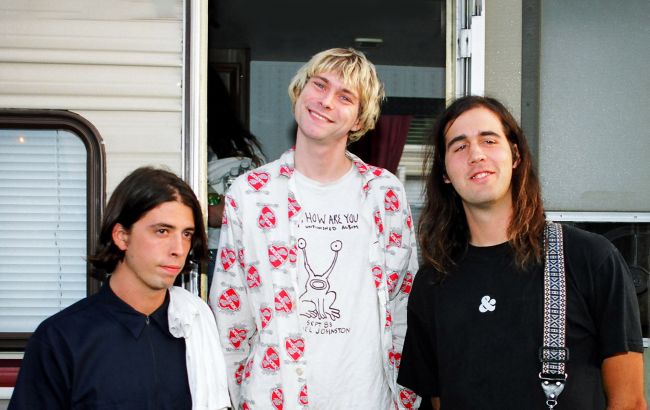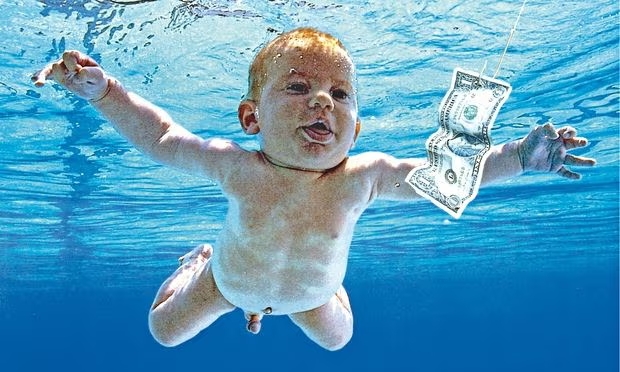Nirvana faces renewed lawsuit accusing sexual exploitation on 'Nevermind' cover
 Photo: Nirvana faces renewed lawsuit accusing sexual exploitation on 'Nevermind' cover (GettyImages)
Photo: Nirvana faces renewed lawsuit accusing sexual exploitation on 'Nevermind' cover (GettyImages)
A lawsuit against the rock band Nirvana, alleging the use of a photograph of a naked baby on the "Nevermind" album cover constitutes child sexual abuse imagery, has been revived by a US appeals court, according to The Guardian.
The 9th US Circuit Court of Appeals overturned a lower court's decision, allowing Spencer Elden, now 32, who was depicted as the baby on the album cover, to proceed with his lawsuit against Nirvana and other defendants, including surviving band members, Kurt Cobain's widow Courtney Love, and photographer Kirk Weddle.
Elden's lawsuit, filed in 2021, claims sexual exploitation and ongoing personal harm from the image.

"Nevermind" album cover (Photo: The Guardian)
The court ruled that Elden could sue based on Nirvana's recent republication of the album, including a 2021 rerelease, despite an initial dismissal due to the lapse of a 10-year limitations period.
Nirvana's lawyer, Bert H. Deixler, called the ruling a "procedural setback" and vowed to defend against the "meritless" case. The suit will now return to the district court for further proceedings.
Lawsuit controversy
The background of this lawsuit stems from Nirvana's 1991 hit album "Nevermind," which featured a photo taken by Kirk Weddle at the Pasadena Aquatic Center in California, showing Elden as a four-month-old baby swimming naked towards a dollar bill.
Nirvana's lawyers have defended the album cover, denying it as child sexual abuse imagery and arguing that Elden has financially benefited from the image.
The image has become iconic in the music industry. Still, Elden's legal action brings into question the ethics and legality of its use, opening a debate on the exploitation and rights of child imagery in media and entertainment.

